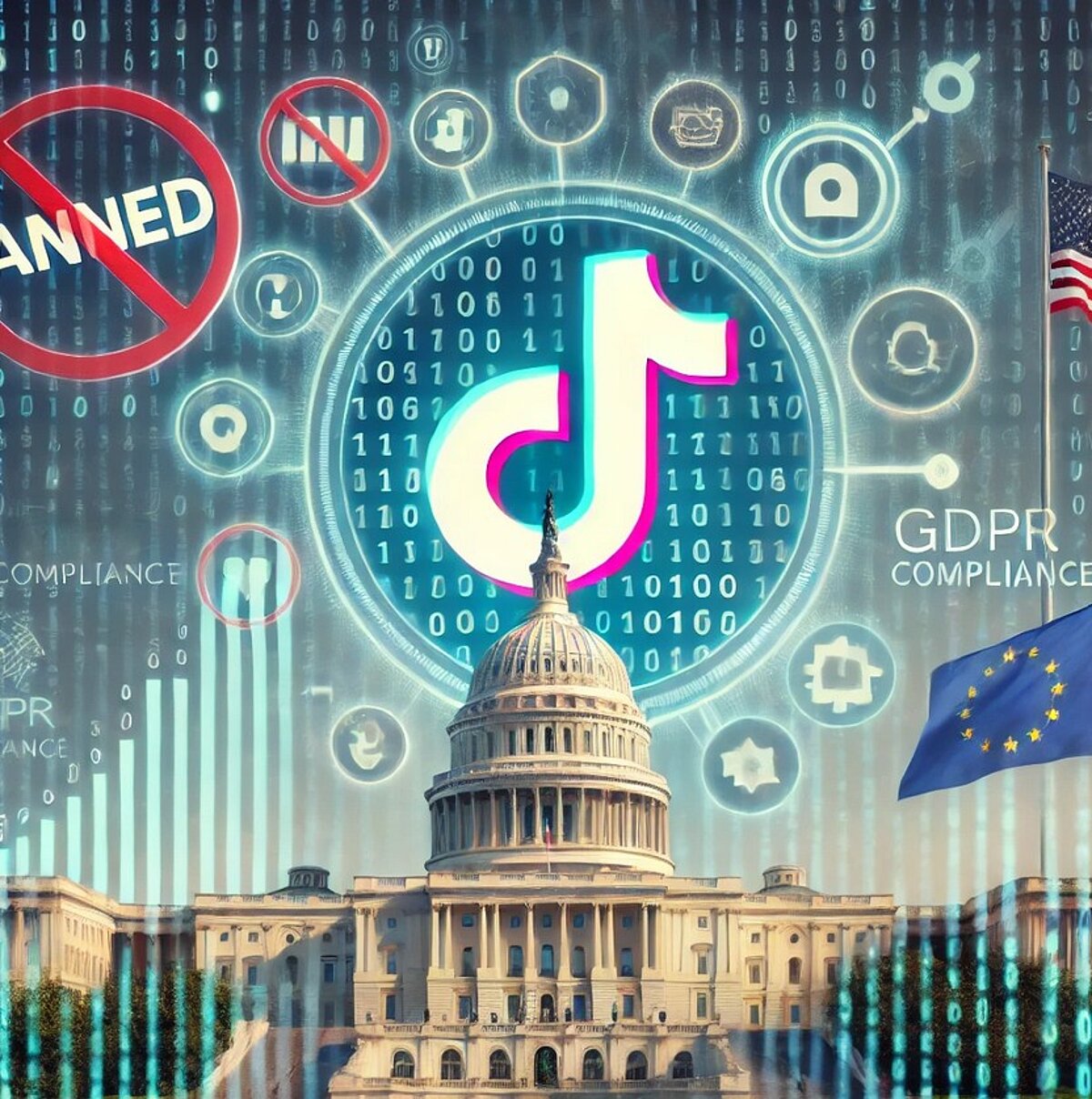In recent years, growing concerns over personal data protection and user profiling have pushed governments worldwide to adopt stricter measures against major digital platforms. At the center of this controversy is TikTok, which first came under fire in the United States and is now also being closely watched by European regulators.
Why TikTok Was Banned in the US
The US government banned TikTok primarily for national security reasons. TikTok’s parent company, ByteDance, is based in China, raising fears that user data, including location, browsing history, and consumer habits, could be shared with Chinese authorities.
Despite ByteDance's assurances, the perceived risk was considered too great. The Committee on Foreign Investment in the United States (CFIUS) demanded that ByteDance sell TikTok to continue operating in the American market, but the failure to comply led to heavy sanctions and restrictions.
The Core Issue: Profiling and Personal Data
However, the problem goes beyond TikTok. All major social platforms, from Facebook to YouTube, collect vast amounts of personal data to optimize targeted advertising and content delivery. With TikTok, the main concerns are lack of transparency about data management and the potential for foreign government access.
The two major risks are:
-
National security: sensitive information could be exploited for geopolitical purposes.
-
User privacy: individuals have little control over how their personal information is used.
Moreover, TikTok’s powerful recommendation algorithm could be leveraged to influence public opinion or spread disinformation.
Europe’s Response
Unlike the US, the European Union has opted for a more balanced approach: regulation instead of outright bans.
Key legislative tools include:
-
GDPR: strict rules on personal data management.
-
Digital Services Act (DSA): obligations for platform transparency regarding algorithms and content moderation.
Some EU member states, such as France and Germany, have already banned TikTok from government devices, while broader compliance investigations are ongoing.
A Global Shift in Regulation
The TikTok controversy is just the tip of the iceberg. All major tech players, including Meta and Google, are facing increasing regulatory pressure.
In the coming years, we can expect stricter global rules aimed at curbing the profiling power of platforms and safeguarding users' personal data.
Conclusion
The TikTok case marks a pivotal moment in the relationship between governments and digital platforms. While the United States has taken a hardline stance, Europe is pursuing a more nuanced, regulatory strategy. The shared goal is clear: to ensure that digital innovation continues, but in a way that is secure, transparent, and respectful of user rights.














